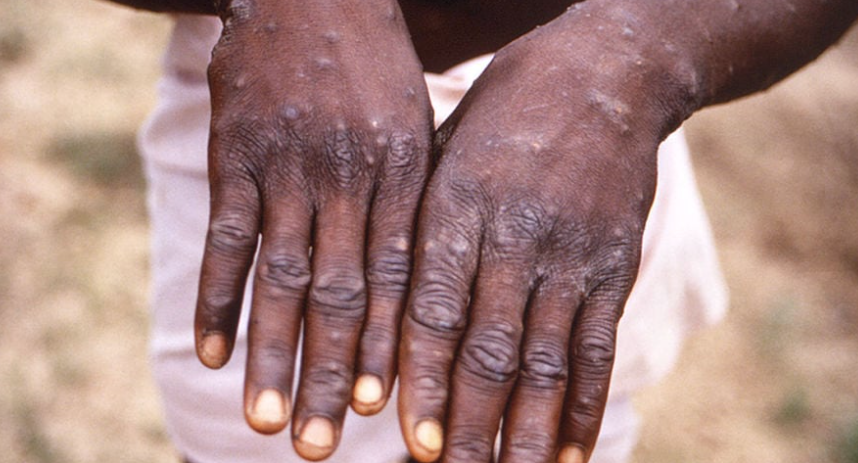The Ministry of Health has confirmed a second laboratory case of Mpox in Kenya. The patient, an adult male truck driver, was identified at the Malaba One Stop Border Post in Busia County. He exhibited symptoms after traveling from the outbreak epicenter in the Democratic Republic of Congo (DRC). The Ministry has isolated the patient and placed him under active management at a health facility in Busia County.

First Case of Mpox in Kenya
Kenya’s first Mpox case was reported on July 31, 2024, at the Taita Taveta border post with Tanzania. The infection was detected in a passenger traveling from Uganda to Rwanda through Kenya. This case came after the Democratic Republic of Congo reported over 11,000 suspected cases, including about 450 deaths, on July 20, 2024. The outbreak prompted the East African Community (EAC) to urge caution and educate citizens on how to protect themselves and prevent the spread of the disease.
Mpox, formerly known as monkeypox, was first discovered in humans in 1970 in the DRC and has primarily been limited to West and Central Africa. However, in May 2022, infections surged worldwide, leading the World Health Organization (WHO) to declare a public health emergency of international concern. Though the WHO ended this declaration in May 2023, a new and deadlier Clade I strain, known as Clade Ib, has since been spreading in the DRC.
Government Measures and Public Health Advice
The Ministry of Health is conducting active surveillance for suspected cases across the country, with 426,438 travelers already screened at various points of entry. Of the 42 samples tested, 40 have returned negative results for Mpox. The Ministry has emphasized that health facilities are adequately staffed and equipped to manage the disease and assures the public that there is no cause for alarm.
To prevent further spread, the Ministry urges the public to:
- Regularly wash hands with soap and water or use alcohol-based hand sanitizers.
- Avoid close contact with individuals exhibiting Mpox-like symptoms.
- Refrain from sharing personal items like towels, utensils, or clothing.For those experiencing symptoms or who have been in contact with someone infected, the Ministry advises seeking immediate medical attention at the nearest health facility. Additionally, caution is recommended around wild animals, and the consumption of uninspected meat should be avoided.





